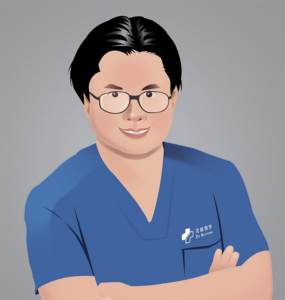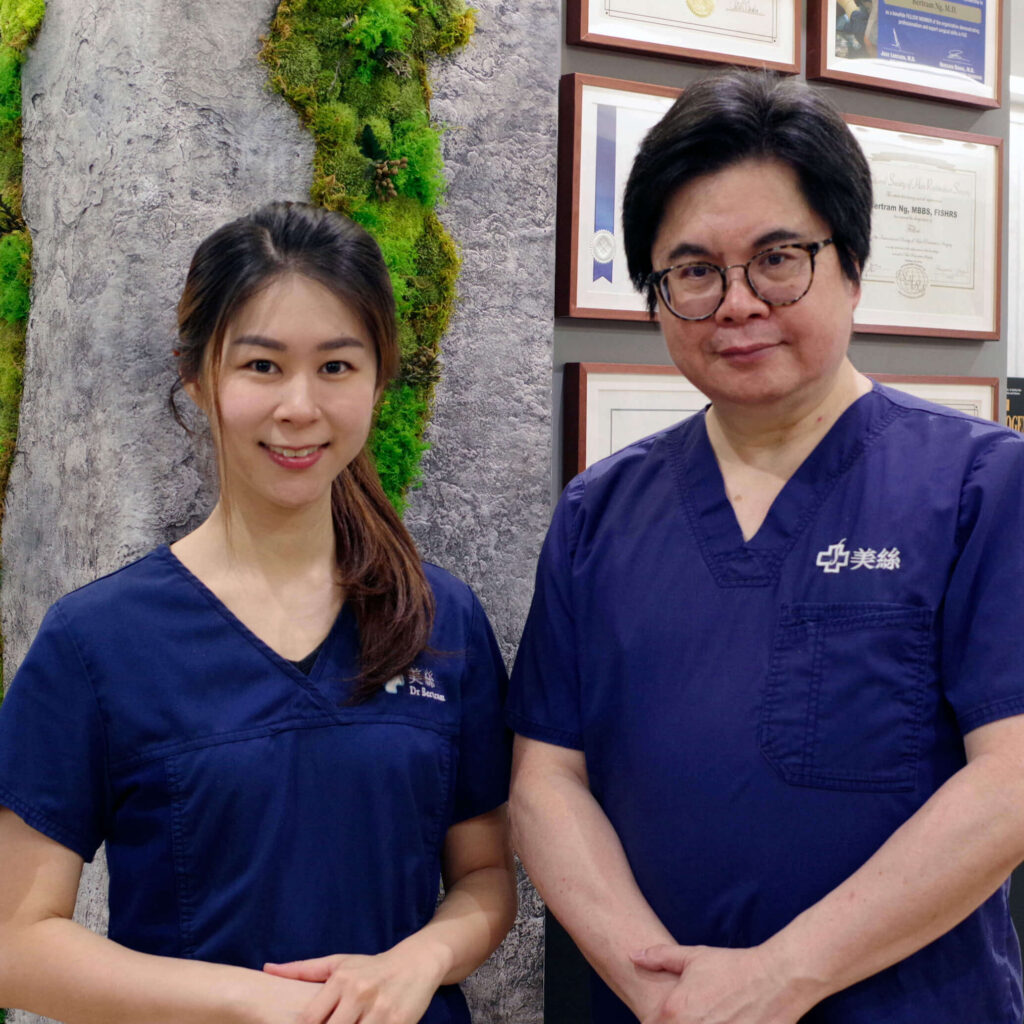- Hotline: 852+ 2891 9689
- Whatsapp: 852+ 9146 8426
- [email protected]
- 6/F 29 Austin Road, Tsimshatsui, Kowloon, Hong Kong
Hair loss isn’t just genetic—it’s also influenced by how you treat your scalp and hair every day. From the food you eat to the way you shampoo, style, or brush your hair, every choice adds up over time. Here’s how to build daily habits that support stronger, healthier hair and protect your long-term results after a transplant.
Crash diets can trigger temporary hair loss. A study by Goette & Odom (1976) found that people on extreme diets lost more hair 2–5 months after starting. Why? Because rapid weight loss shocks your system and pushes more hair into the shedding (telogen) phase. Eat to nourish—not to punish.
Hair transplant is safe when it’s done under the right conditions, by the right team. We Follow Level I Office Surgery Protocols:
Nicotine and chemicals in tobacco raise DHT levels and interfere with blood flow to the scalp. A Harvard study found that smokers had 13% higher DHT levels than non-smokers, speeding up hair loss. Quitting improves not only your health but also your scalp’s ability to grow hair.
Protein, iron, B vitamins, zinc, and copper are essential for hair growth. Avoiding animal fat may also help—Dr. Inaba (1996) found that a Western-style, high-fat diet increases DHT production. The result: faster hair loss in Japanese men post-WWII. Stick with whole grains, lean proteins, and healthy fats.
If you eat well, you may not need supplements. But if necessary:
Shampoo is about cleansing, not curing hair loss. Choose a mild, non-irritating shampoo that works for your hair type. Rotate brands occasionally and rinse thoroughly to prevent chemical buildup on the scalp. Avoid expensive marketing claims—they often wash right down the drain.
For androgenetic alopecia, Ketoconazole 2% shampoo may help. It has mild anti-DHT properties and is worth trying as a supportive option.
There’s no universal rule. It depends on your hair texture, scalp oiliness, and if you’re using treatments like Minoxidil (which may require daily washing). For most people, every other day or 3–4 times a week works well.
Conditioners help protect and smooth the hair shaft by coating the cuticle. But:
Overuse may lead to scalp congestion and blocked sebaceous ducts—especially if you already have oily skin.
Chronic dandruff is often due to Malassezia furfur, a natural yeast on the scalp. Use Ketoconazole shampoo (3x per week) for 4 weeks, leaving it on for 5–10 minutes per use. Recurrence is common, so repeat treatment as needed.
Just like your skin, your scalp can be sun-damaged. After a hair transplant, or if you have thinning areas, protect your scalp with:
Some essential oils (like rosemary, peppermint, and tea tree) are claimed to stimulate growth. While research is limited, they may help when diluted properly in carrier oils (like jojoba or coconut). Never apply essential oils directly to the scalp — they can cause burns or irritation.
Stress doesn’t cause male pattern baldness, but it can trigger telogen effluvium, a form of sudden hair shedding. Stay relaxed, sleep well, and give your hair time to recover from major life changes or health shocks.

Good hair habits aren’t complicated. Clean gently. Nourish from within. Avoid extremes. And treat your scalp like the living skin it is.

From consultation, surgery, to aftercare, you will receive continued personal care by our doctors, not just consultants.
Have a question? Please feel free to call our friendly customer service.
International Accreditations
Accredited by leading international medical organizations, we are the most qualified hair transplant center in Hong Kong and mainland China you can trust.
Hair transplant is the ultimate solution to restores hair, but not everyone is good candidate.
Our online assessment helps determine if these procedures suit you, saving you time and costs.